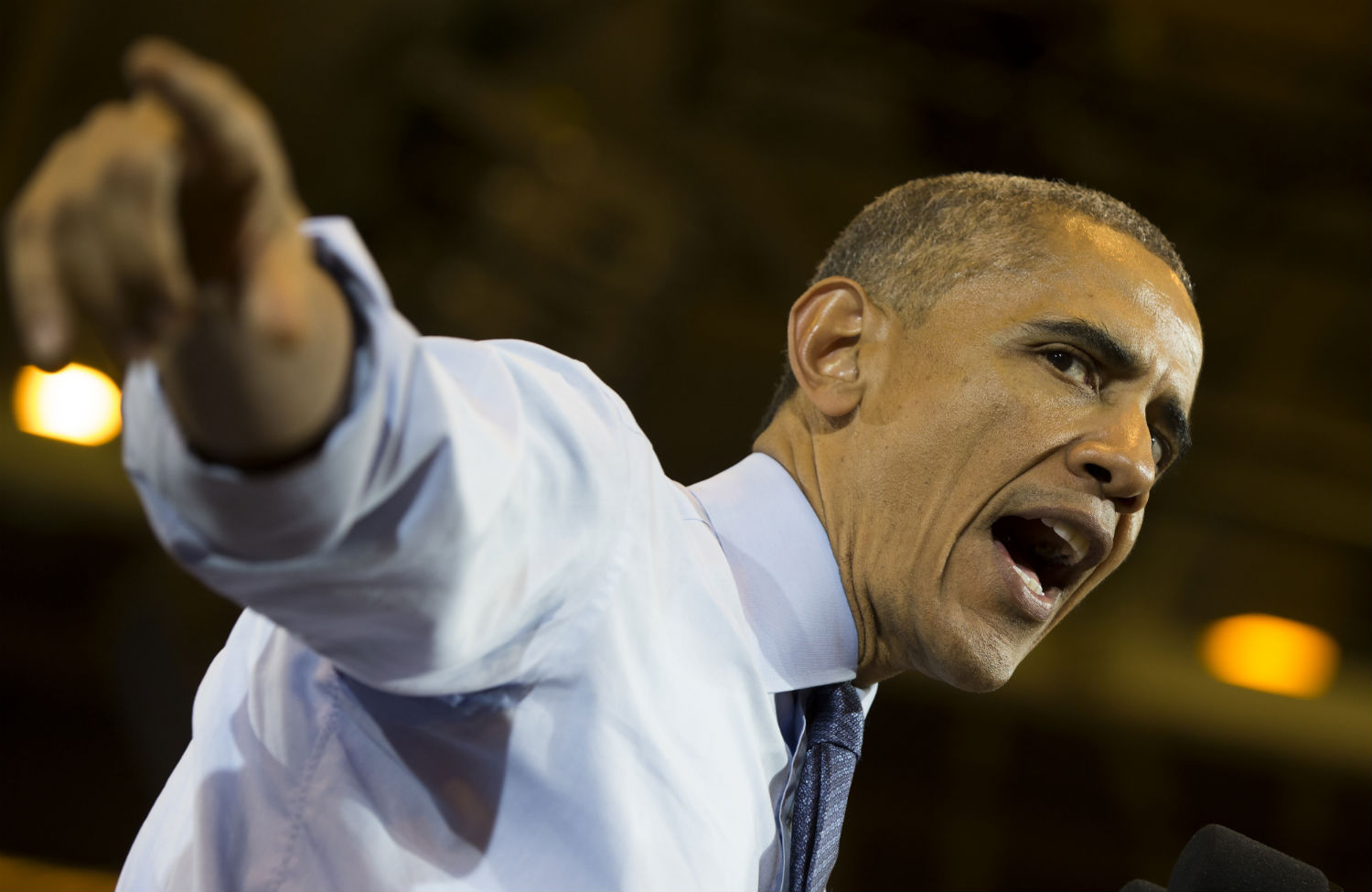
After the Midterms: Time to Fight Back After the Midterms: Time to Fight Back
Opposing bad policy and bad compromises isn’t enough. We need new thinking and new approaches.
Nov 5, 2014 / The Editors
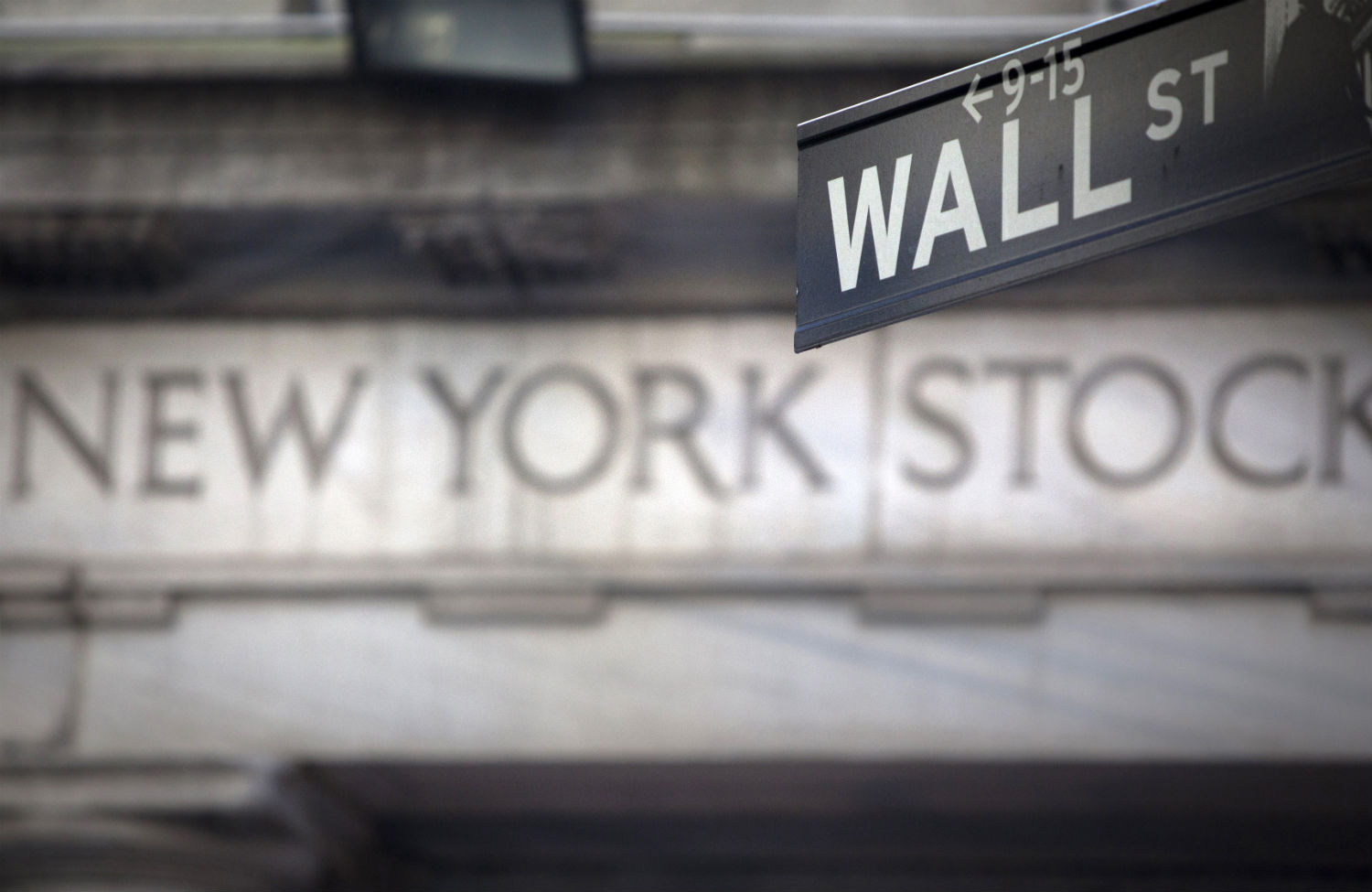
Why Is Cuomo Leaving Wall Street Cash on the Table? Why Is Cuomo Leaving Wall Street Cash on the Table?
A little-known tax is already on the books.
Nov 5, 2014 / Lenore Palladino and Sean McElwee

Can Big Government Solve the Mysteries of Autism and Alzheimer’s Disease? Can Big Government Solve the Mysteries of Autism and Alzheimer’s Disease?
Why we need Obama’s BRAIN Initiative.
Nov 5, 2014 / Cori Bargmann
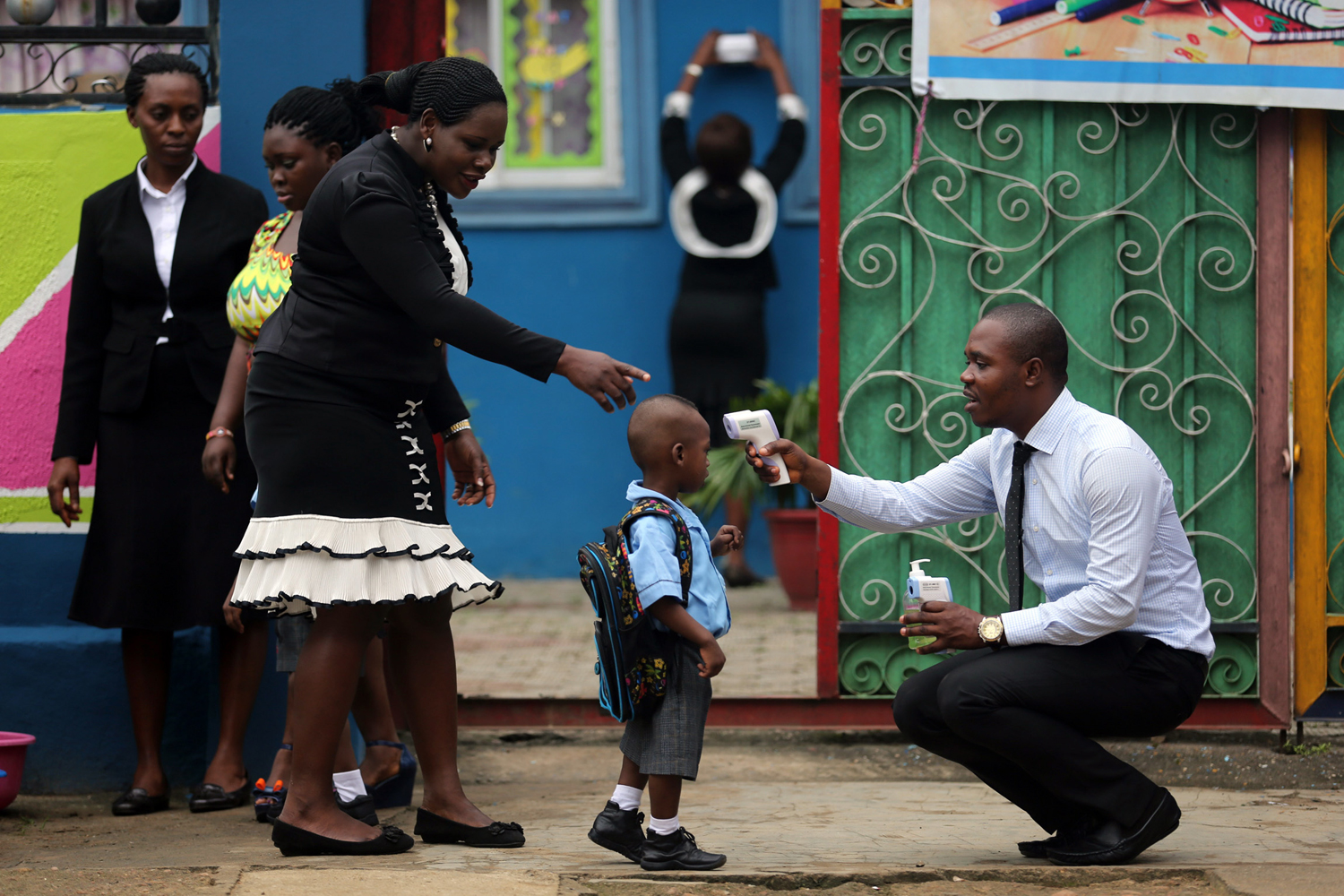
Snapshot: The End of Ebola Snapshot: The End of Ebola
Thanks to Nigeria’s robust response to the Ebola crisis, the country is now free of the virus. Drawing on lessons from polio outbreaks, health workers made 18,000 visits to check the temperature of 898 people who may have come in contact with Nigeria’s first Ebola patient. Here, a teacher checks the temperature of a student in Lagos.
Nov 5, 2014 / Akintunde Akinleye
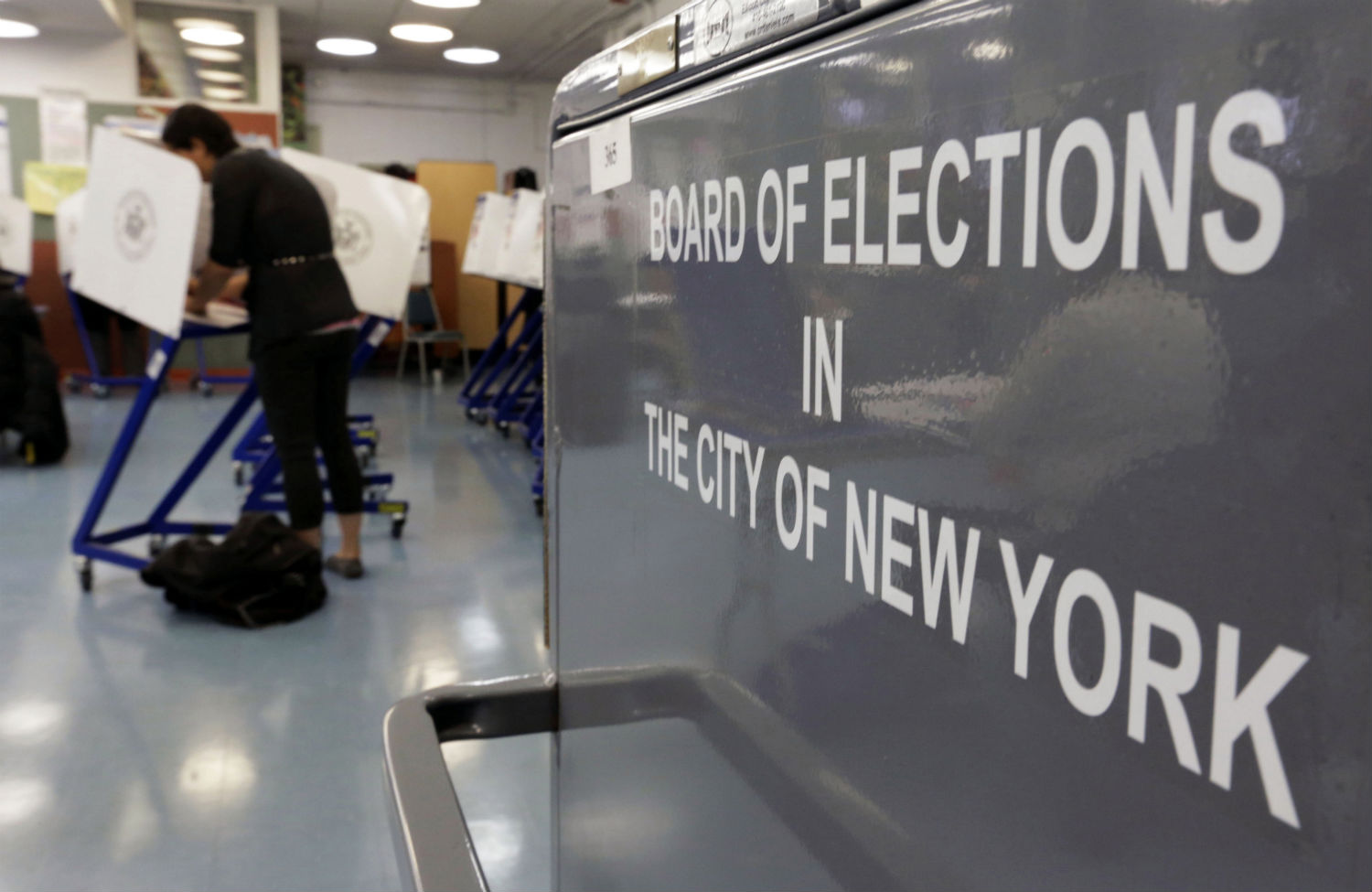
Vote Working Families Party to Pressure Andrew Cuomo Vote Working Families Party to Pressure Andrew Cuomo
In New York State, the best way to end corruption, reform politics and counter inequality is to keep the WFP strong.
Oct 29, 2014 / The Editors
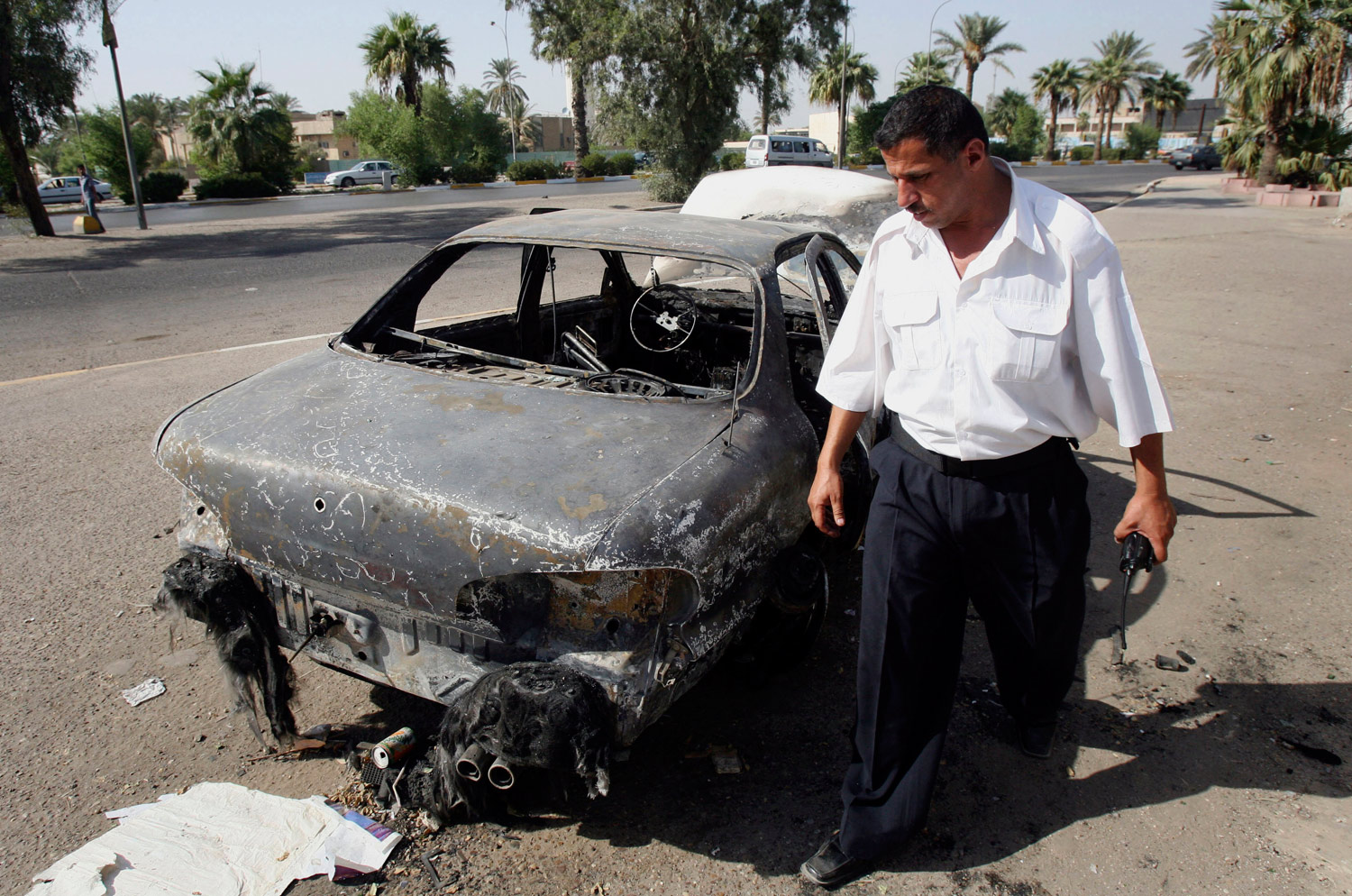
Finally, a Verdict on Blackwater’s Nisour Square Shooters Finally, a Verdict on Blackwater’s Nisour Square Shooters
Accountability for the massacre in Iraq is a start—but we should also be talking about reducing reliance on private military contractors.
Oct 29, 2014 / The Editors
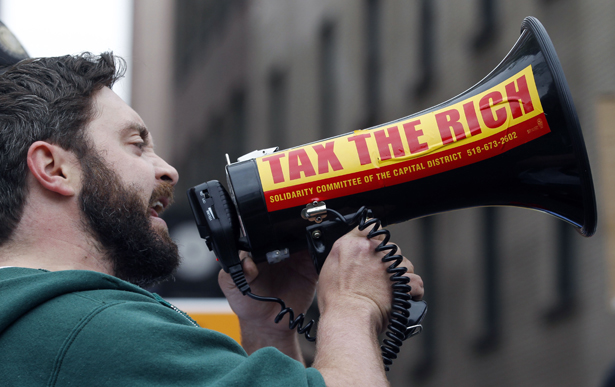
The Latest Debate Over Taxing the Rich Misses One Crucial Fact The Latest Debate Over Taxing the Rich Misses One Crucial Fact
Progressives have forgotten that taxes do more than just raise money.
Oct 29, 2014 / Mike Konczal and Bryce Covert

5 Books: Gabriella Coleman’s Best Reads on Hacking 5 Books: Gabriella Coleman’s Best Reads on Hacking
These books are crucial background to the debate over Edward Snowden.
Oct 29, 2014 / Gabriella Coleman
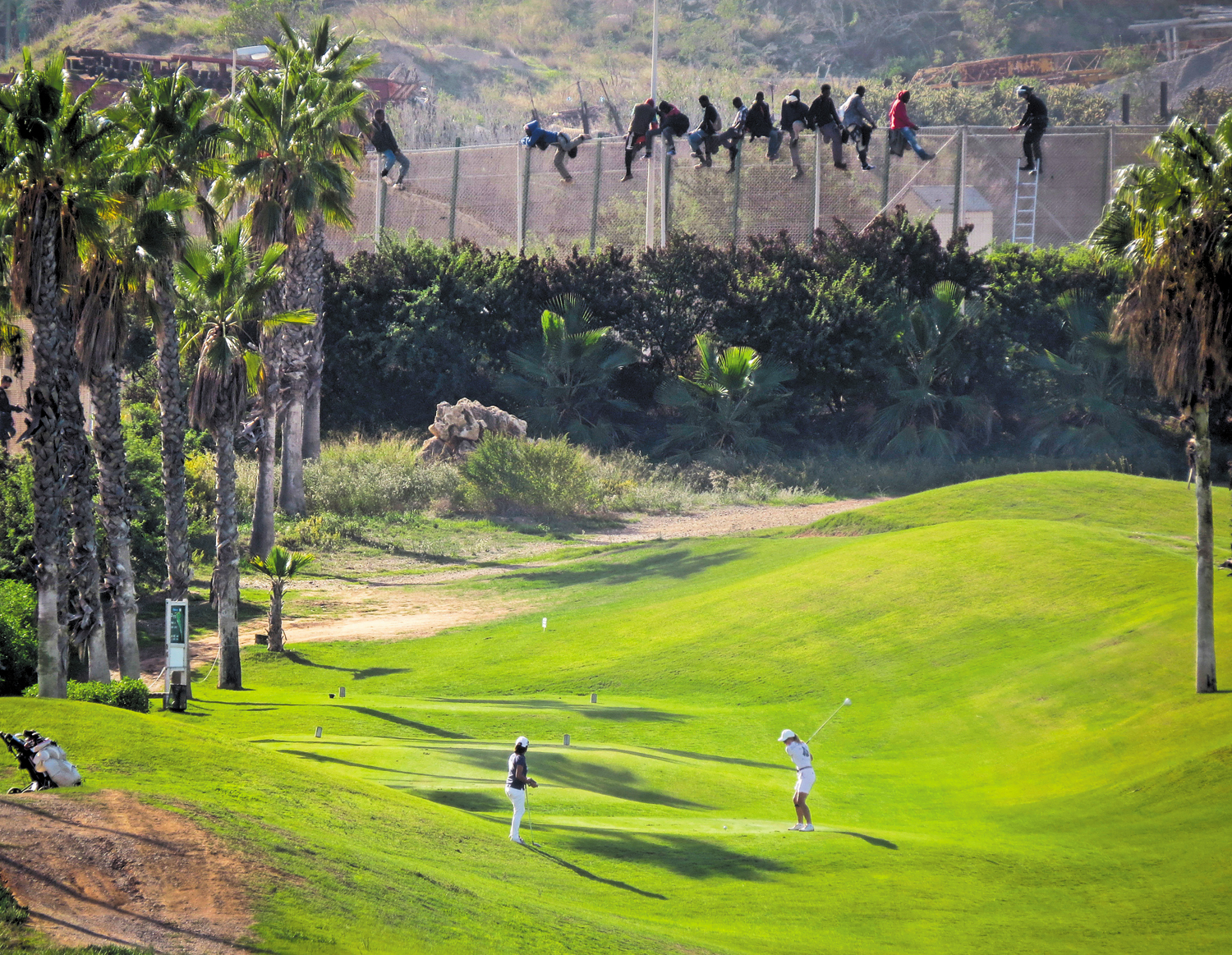
Snapshot: The Grass Is Always Greener Snapshot: The Grass Is Always Greener
Thousands of African migrants live in camps in Morocco, just feet away from the luxe Spanish enclave of Melilla, separated from a better life by a nineteen-foot-high border fence. On October 22, twenty migrants made it over, while seventy others were caught on the fence and remained there for hours as white-clad golfers teed off.
Oct 28, 2014 / José Palazón
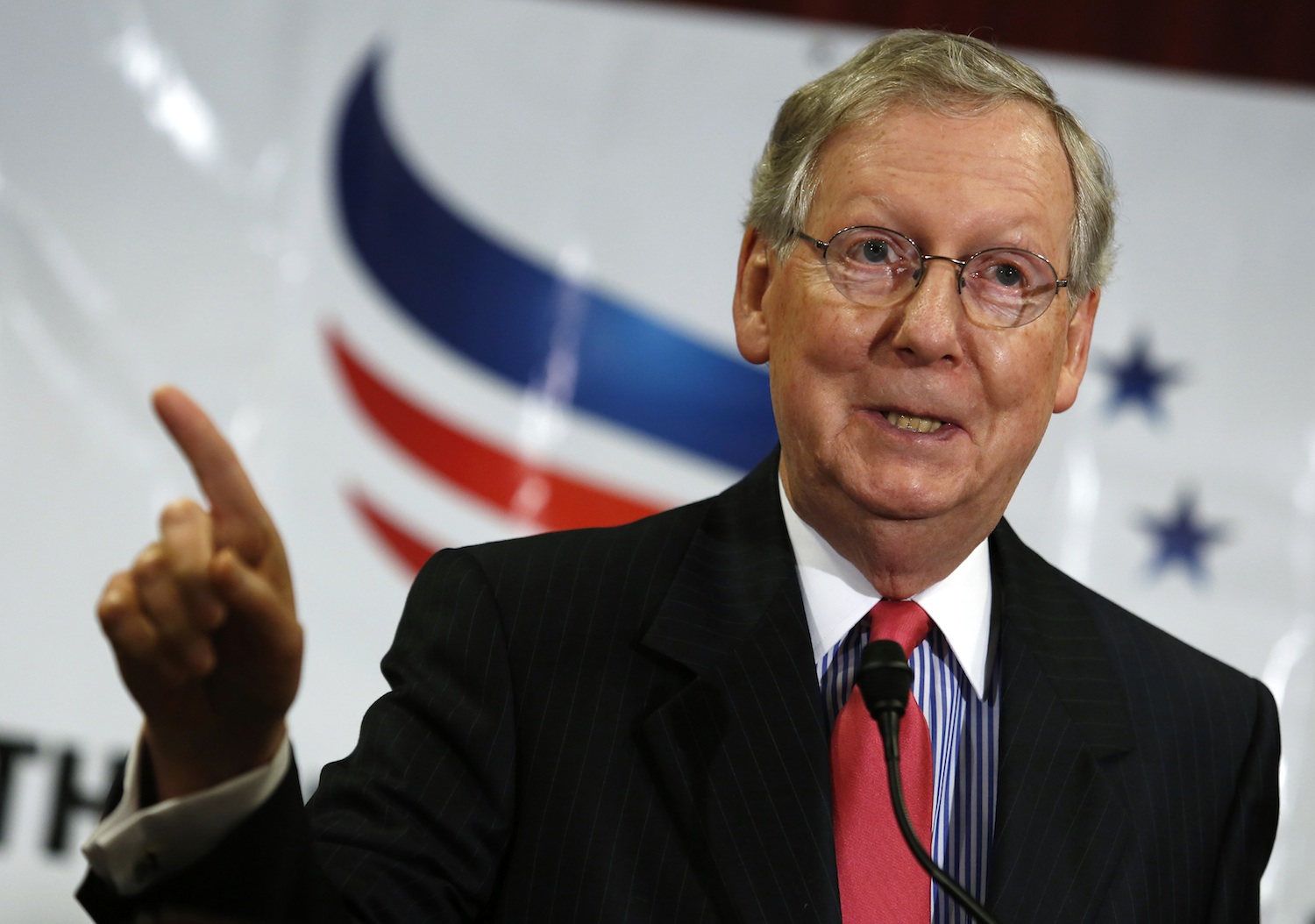
Why GOP Control of the Senate Would Be a Disaster Why GOP Control of the Senate Would Be a Disaster
The Republican wrecking crew would hurt workers, women, minorities and the environment.
Oct 22, 2014 / The Editors
